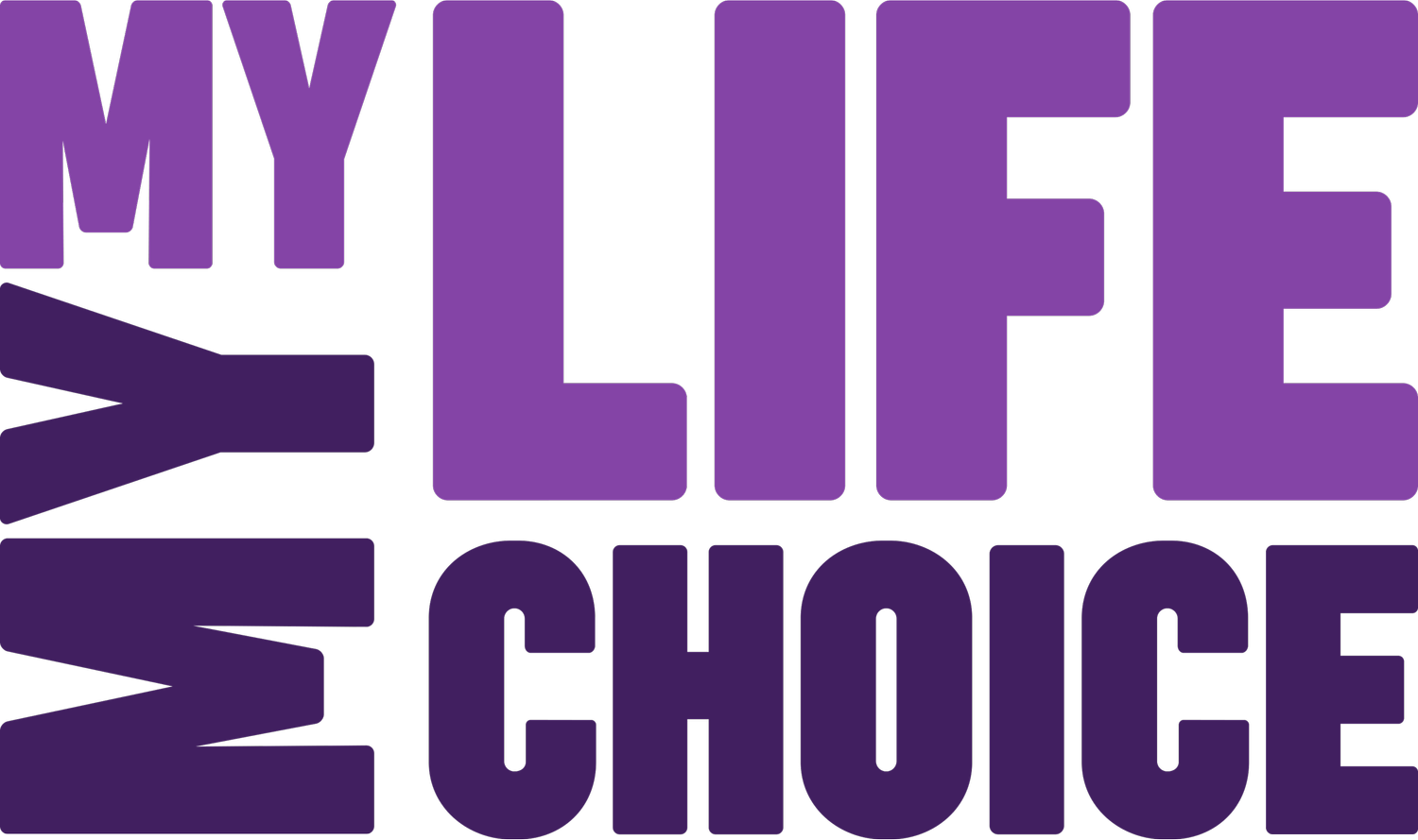
Policy + Advocacy
Ending exploitation through survivor-led policy change.
At My Life My Choice, we believe no one should be bought or sold and that it will take collective action to end exploitation. We advocate for legislative change that codifies safety, rights, and resources for minor and adult survivors of commercial sexual exploitation as well as for youth facing structural inequities which puts them at greater risk for exploitation.
-

Ensuring Youth Can Thrive
Increasing safety and opportunity to ensure that youth are able to not only survive, but truly thrive must be a priority. We believe it is critical to pass legislation that interrupts systemic harm that youth face and that promotes safety, community, and education. In doing so, we are able to address the structural inequities that give rise to the commercial sexual exploitation of children.
-

Supporting Survivors
Opening more doors to recovery and safety is crucial as the trajectory of a survivor’s life post-trauma is specific to the individual. We are committed to ending all forms of power-based violence, as we know they are intricately linked, including sexual violence, intimate partner violence, and commercial sexual exploitation, by advocating for legislation that codifies survivors’ rights, support, and safety
-

Changing Systems
In our work supporting young people pushed to the margins and involved in systems, we are committed to legislative reform that increases transparency and accountability from these systems to increase trauma-informed, tailored responses, ensuring equitable outcomes for all youth and all survivors.
